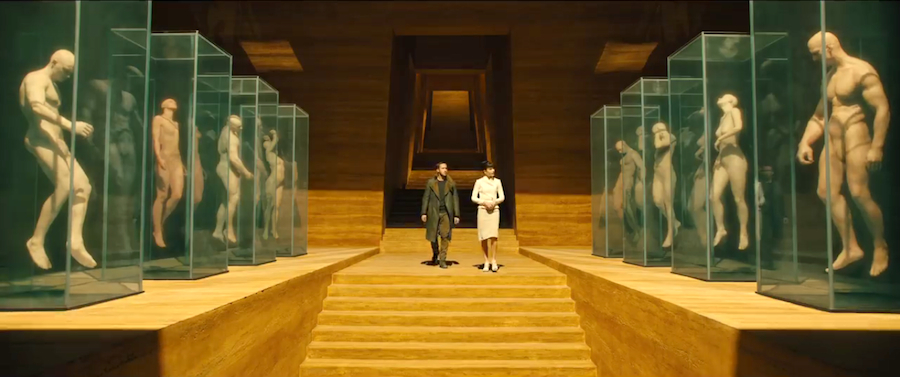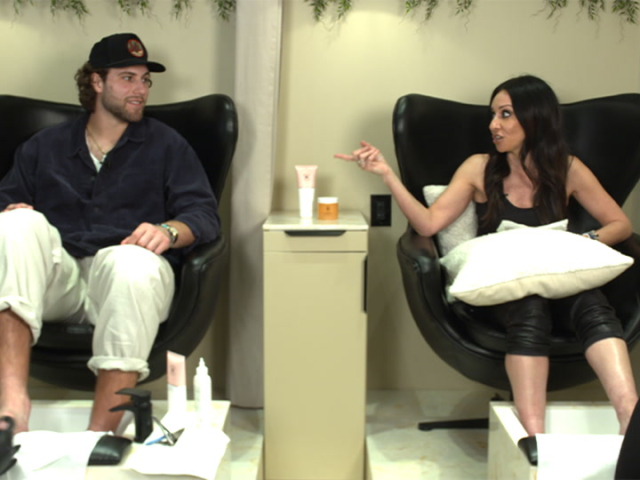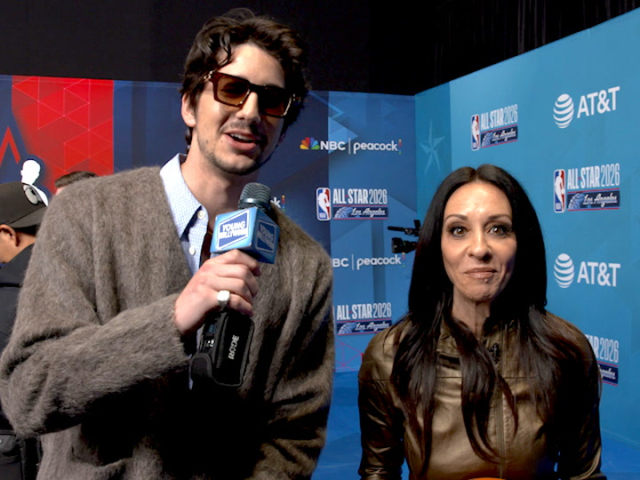Can 'Blade Runner 2049' Surpass The Original?

This Friday, October 6, we will be graced with a sequel 35 years in the making. Blade Runner 2049 is the hotly anticipated follow-up to Ridley Scott’s original 1982 sci-fi masterpiece Blade Runner.
The movie is star-studded, featuring Harrison Ford reprising his role as Rick Deckard (the same way he has, to the delight of many, reprised nearly all of his major roles in the past few years) and Ryan Gosling joining in as an LAPD officer who goes by simply “K.”
These are, however, not the only two A-list actors that will be featured in the mega-blockbuster; among others, the film also stars Jared Leto, Robin Wright, and Dave Bautista.
The second film’s storyline is just as convoluted as the first one, chronicling Ryan Gosling’s character as a limited-lifespan replicant working for the LAPD who sets out to destroy first-generation replicants to foil the plans of Niander Wallace (Leto), who seeks domination built on the back of slaves.
Instead of simply riding on the coattails of the first installment, it has been said that the second has vastly improved and built upon what the original offered and has thereby helped transition the film to appeal to present-day audiences.
The 1982 Blade Runner was inarguably unique and far ahead of its time, although it did not quite capture what Los Angeles would look like in 2019 (or at least looking at things from a 2017 perspective, it seems highly unlikely). The original can also be credited with bringing the neo-noir sci-fi futuristic dystopian genre to life that would open the doors for many films down the line, including Mad Max and the Terminator franchise.
Those who have previewed the movie ahead of its theatrical release have showered it with praise, describing the film as a “masterpiece” and more of an all-round sensory experience or “lucid dream” than merely passive watching. This multi-faceted experience can be largely credited to Dennis Gasner’s production design and 13-time Oscar-nominated Roger Deakin’s cinematography. Legendary film score composer Hans Zimmer also collaborated on the project; the music he created for Blade Runner 2049 has been described as “aural neon”, which perfectly accompanies the film’s dark, electric themes.
Luckily, according to reviewers, to understand the plot one doesn’t have to have seen the 1982 version, since the storylines are slightly connected but entirely different. Hampton Fincher, who was a co-writer on the first installment, is back for the second and insures continuity but separates the two enough that the 2017 version can more than stand alone. Considering the original came out so long ago, this is a smart move and will enable an entirely new generation to embrace the upcoming movie.
- Brennon Barclay, YH Contributing Writer



